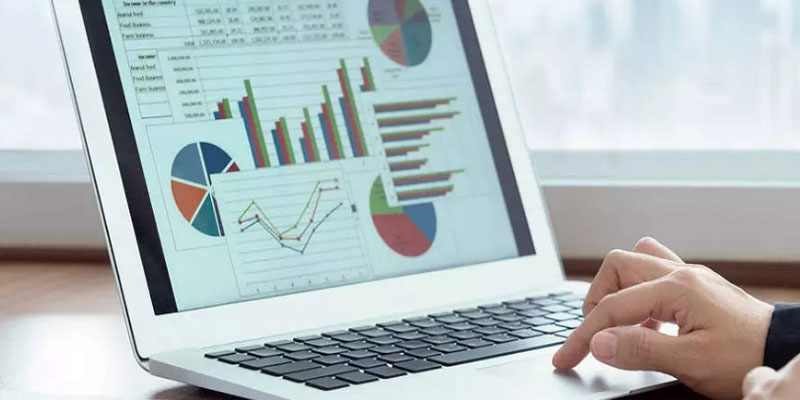Digital footprint has produced huge value. Many digital footprints are mastered by big technology companies, and human beings are fully recorded because of these data information: smart watches capture our pulse in real time and analyze our risk of heart disease through artificial intelligence; Bluetooth and global positioning system can track whether we are shopping at a gourmet store or wandering in the candy section; Our likes and browsing time on social media are used to predict our credit risk; Our search queries on shopping platforms are recorded by central processors, which generates unique targeted advertisements to us, and these advertisements subtly reshape our taste and habits like invisible ties.
The collection, analysis and utilization of personal data has become an important part of modern economy, which has created great value. Big data and artificial intelligence analysis can improve companies’ R&''D level and productivity, as well as enhance financial inclusion. During the epidemic period, the data which is obtained from the real-time monitoring of population flow allows policy makers to grasp the impact of the blockade, and the close contact investigation procedures help people identify individuals who have potentially dangerous contacts with people infected with COVID-19.
However, while the data helps us monitor, adapt to, and respond to the COVID-19 epidemic, this epidemic also makes people aware of two fundamental problems in the global flow of data: firstly, the data economy is opaque, and personal privacy is not always respected; secondly, the data is stored in companies’ private database, which reduces its value as a social public product.




